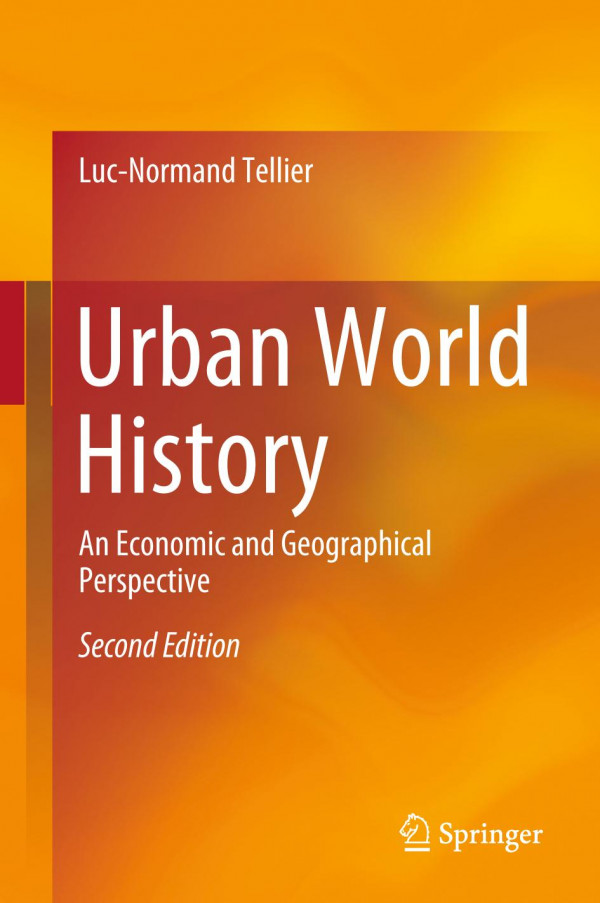

Most ebook files are in PDF format, so you can easily read them using various software such as Foxit Reader or directly on the Google Chrome browser.
Some ebook files are released by publishers in other formats such as .awz, .mobi, .epub, .fb2, etc. You may need to install specific software to read these formats on mobile/PC, such as Calibre.
Please read the tutorial at this link. https://ebooknice.com/page/post?id=faq
We offer FREE conversion to the popular formats you request; however, this may take some time. Therefore, right after payment, please email us, and we will try to provide the service as quickly as possible.
For some exceptional file formats or broken links (if any), please refrain from opening any disputes. Instead, email us first, and we will try to assist within a maximum of 6 hours.
EbookNice Team

Status:
Available0.0
0 reviewsThis book seeks to deepen readers’ understanding of world history by investigating urbanization and the evolution of urban systems, as well as the urban world, from the perspective of historical analysis. The theoretical framework of the approach stems directly from space-economy, and, more generally, from location theory and the theory of urban systems.
The author explores a certain logic to be found in world history, and argues that this logic is spatial (in terms of spatial inertia, spatial trends, attractive and repulsive forces, vector fields, etc.) rather than geographical (in terms of climate, precipitation, hydrography). Accordingly, the book puts forward a truly original vision of urban world history, one that will benefit economists, historians, regional scientists, and anyone with a healthy curiosity.